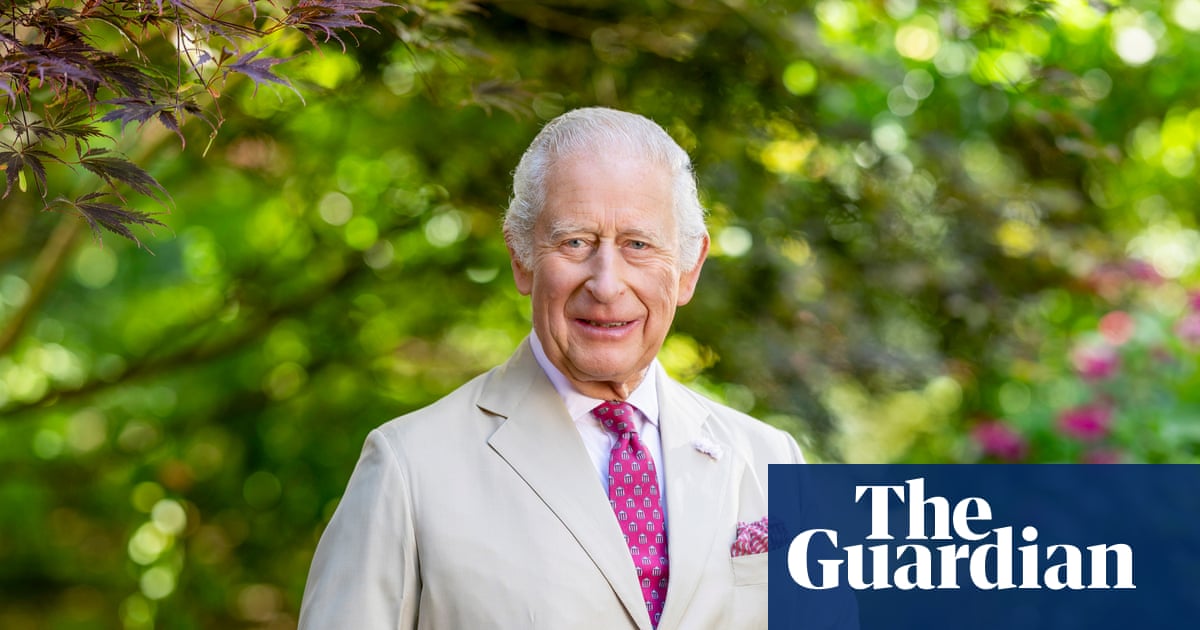Why aren’t more animals hermaphrodites? Snails and worms seem to have been successful using that method for sharing genes between any two individuals, but vertebrates evolved away from it. Why? Janet Lesley, Kent, UK
Send new questions to [email protected].
Readers reply
Because it takes all the fun out of courtship. Richard Orlando
The question is based on a misperception. Big chunks of the phylogenetic tree of animals are hermaphroditic. There is a distinction between simultaneous hermaphroditism, where two different gonads occur in the same animal at the same time, and other forms of hermaphroditism called sequential where an animal can morph from male to female or vice versa. If you take together all these, this is a lot of animals and most angiosperm plants, too. It shows you how narrow or cultural and human perceptions are and how divorced from facts they are. This is one of the beauties of science, that it allows you to correct those misperceptions in a structured way. Whomightitbe
For life forms where finding a mate is relatively easy, it is massively more beneficial to specialise into dimorphism to optimise traits, either female or male. For a life form with access to limited resources, to invest those in both systems is expensive and does not bring as much advantage. Niclas Ulfeldt
While common garden snails are hermaphroditic, not all molluscs are. Some are sequential hermaphrodites, but many have separate sexes and exhibit extreme sexual dimorphism, such as the paper nautilus [a species of octopus]. Investment in eggs often requires a larger body size, or at least larger female cells. If the female has to care for the eggs or young, this also requires more investment in growth. I suspect there is a link between hermaphroditism and lifespan, and whether the animal is viviparous or oviparous. JaneTheSnail
Wait. Are you telling me that Brian from The Magic Roundabout wasn’t a bloke? EddieChorepost
No. He was both! Brutha
It seems to me that most biology is based upon opportunistic evolutionary chance, mutation and the conditions in which that organism finds itself. Nature is not picky – it goes to the limits of possibility in all areas of life, hence the production of, for example, the most extraordinary deep sea creatures. But nor does it “care” about consequences. It’s not logical in any terms the human brain can conceive. Though “why” is my favourite question, I don’t believe in this instance there is a single answer. LorLala
Gonochorism [a system where there are two sexes and each individual organism is either male or female] is more fun :-) SylDaiPou
Predictably, this question seems to have triggered some mildly humorous answers. The possibility this is pure evolutionary chance perhaps seems a bit threatening to our sense of sexual identity. However, the good news is there is a solid scientific reason why more advanced animals will be of either one sex or the other. Having reproductive organs of either kind places a metabolic drain on an individual. Any individual having both types simultaneously doubles that load, and thus puts the individual at a significant survival disadvantage. Thus the force of evolution will, even if only marginally, favour a form which is sexually dimorphic rather than hermaphroditic. Rejennyrated

 3 months ago
51
3 months ago
51

















































